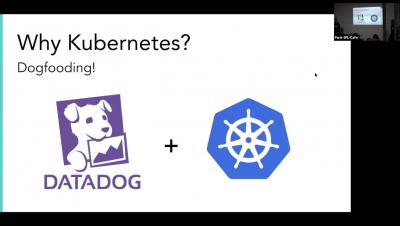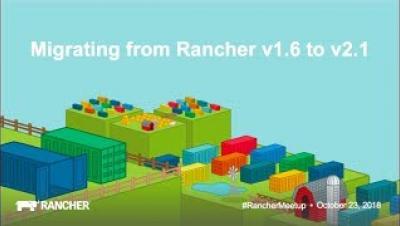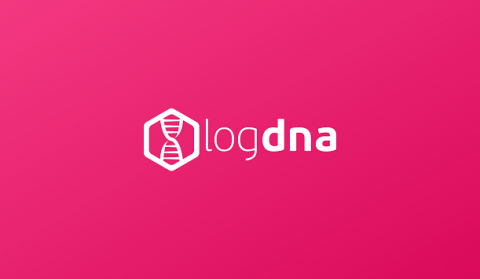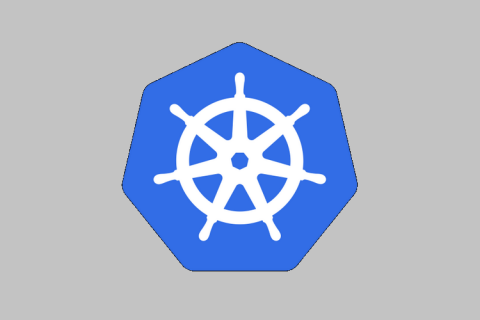Operations | Monitoring | ITSM | DevOps | Cloud
Containers
The latest News and Information on Containers, Kubernetes, Docker and related technologies.
Kubernetes the very hard way at Datadog
October 2018 Online Meetup: Migrating from Rancher 1.6 to Rancher 2.1
Docker and Kubernetes: What is the Value of Containerization?
In the last few years, the primitive and conservative world is vanishing. In its place is emerging new world whose base is science and technology. The DevOps community has been flourished due to microservices and containerization-based architecture. According to 451 Research, container technology such as Docker and Kubernetes will eventually face the fastest growth in contrast with other cloud-enabling technologies, with an estimated CAGR of 40% through 2020.
The Differences Between Monitoring Containerized Apps and Non-Containerized Apps
Containers provide a nifty solution to package up applications along with their dependencies, and for the whole encapsulated process to be run on a host system. This technology is undeniably popular due to its ability to allow developers to create flexible, scalable, reliable solutions in a quicker amount of time. It has enabled more freedom in choosing the technology we use in our applications and has brought development and production environments closer to parity.
Introducing the Datadog Cluster Agent
As containers and orchestrators have surged in popularity, they have created highly dynamic environments with rapidly changing workloads—and the need for equally dynamic ways of monitoring them. After all, orchestration technologies like Kubernetes, DC/OS, and Swarm manage container workloads both at the node level and at the cluster level, which means that you need to gather insights from every layer to fully understand the state of your infrastructure.
Challenges and Solutions for Scaling Kubernetes in the Hybrid Cloud
When traffic increases, we need to have a way to scale our application to keep up with user demand. With Kubernetes multi-cluster management through Rancher, scaling has never been easier and more efficient. Read here about scaling Kubernetes and the challenges you might be facing when managing a hybrid cloud environment.
Barclays Automates Container Monitoring with CA Application Performance Management
EKS vs. KOPS
In the past, applications would be deployed by installation on a host, using the operating system package manager. This was a heavy solution with tremendous reliance on the operating system package manager and increased complexity with libraries, configuration, executables and so on all interconnected. Then came containers. Containers are small and fast, and are isolated from each other and from the host.











